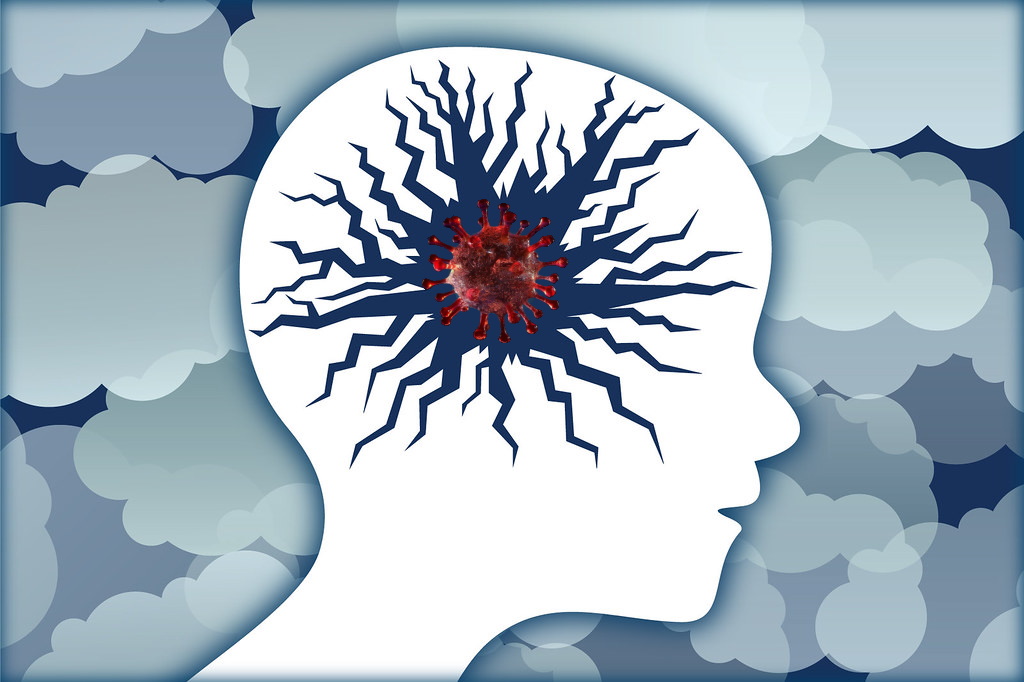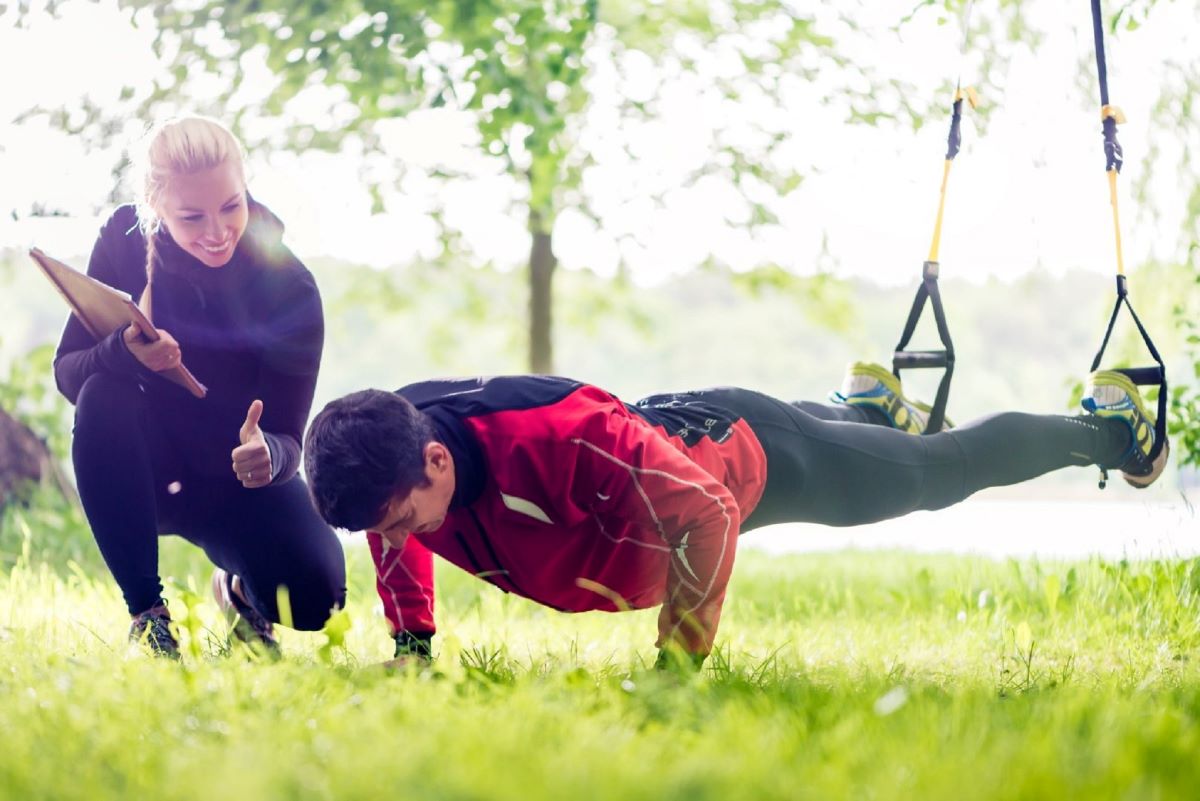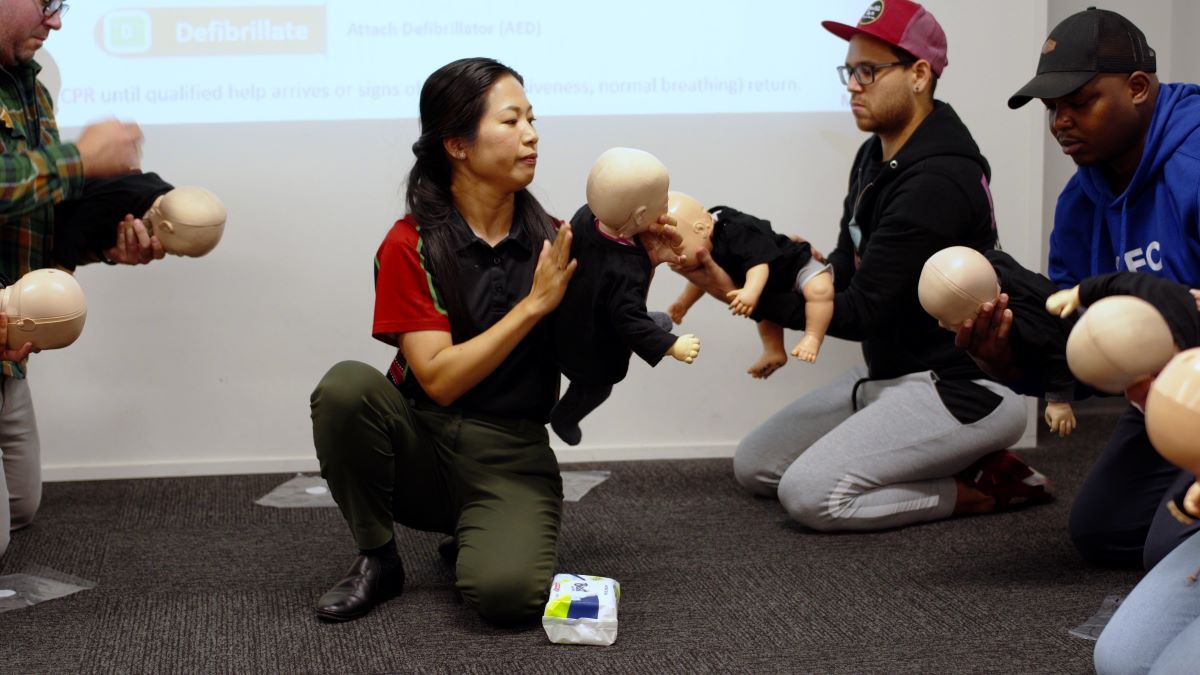Covid 19 has been one of the most dramatic challenges of the century. It has affected almost every country and caused large-scale disruption and change for people on every level of society. With lockdowns restricting the work and everyday activities of billions of people worldwide, very few people in our world haven’t been impacted on some level. The risk of infection is one of the most significant dangers, but the pandemic has also caused many secondary problems – such as widespread unemployment and significant mental health issues.
For many people, the concerns of Covid have added to an already substantial list of everyday challenges. It’s no wonder that statistics show not everyone is coping – with notable increases in calls to services like Lifeline and Beyond Blue. The truth is, Covid has made a lot of people’s lives more difficult, and that can very often have an impact on people’s mental health.
How do I look after my mental health under Covid?
If you’re finding the “new normal” of Covid a little hard to cope with, there are a few basic things you can do to look after your mental health.
The first thing is to go easy on yourself. You’re not finding it difficult because you’re not strong enough to cope. You’re struggling because life is more challenging than average at the moment – and literally millions of people are finding the same. Give yourself permission to struggle. If you’re feeling overwhelmed, take a bit of time to pause, breathe, and reflect. Perhaps write down what you’re feeling to help you process. And don’t expect every day to be super productive.
Some other things you can do include making sure you connect with others. It’s easy to become a hermit in lockdown, but humans aren’t built for isolation. Use technology – phone, skype or zoom – to reach out and check in with friends or family. Chat about your challenges. A lot of people can relate!
Also, try to keep a bit of a healthy routine in your world. Try to get up and eat meals at regular times. Keep taking showers regularly, and dress for the day. Spending the day working in your PJ’s can feel nice and relaxed, but it can also contribute to the sense that you’re trapped at home. And despite depending on technology while stuck at home, remember to take regular breaks from the screen. Spend a few minutes out in the sun, or at least grab a cup of tea.
What if I’m really struggling?
If you’re finding lockdown or the news of Covid overwhelming, don’t feel bad – you’re definitely not the only one. Start by reaching out to close friends or family to let them know you’re struggling. Some kind words, or maybe some food sent to your door by delivery service, can help you get through a rough patch.
If you’re continuing to struggle, don’t be afraid to lean on some qualified help. Lifeline (13 11 14) or Beyond Blue (1300 224 636) are great places to start when you’re not coping, and you need to talk. The kids don’t get left out either – young people from child to nearly adult can call Kids Helpline on 1800 459 975 if they need to talk through things and get some advice.
Don’t be afraid of calling, either – they’re there to help!
How can I look out for others around me?
It can be really important in a season like this to look out for the people around you as well – friends, family, or housemates. Not everyone finds it easy to help, so it’s worth being on the lookout and checking in when you can to see if anyone’s struggling with mental health.
If there are people around you who are struggling with mental health and you’re particularly keen to know how to watch out for them when things are bad, you might consider doing mental health first aid training. Run by RTO’s such as First Aid Pro, these short courses are similar to first aid training but are focussed on recognising warning signs of issues such as depression, anxiety, and substance abuse and providing the best care possible.
First Aid Pro is a particularly good option, as we operate nationally from a large variety of venues. So whether you’re in the Adelaide CBD or on the outskirts of Darwin, there’s a training venue near you. So learning the best way to care for the mental health of the people around you isn’t as hard as you think!







